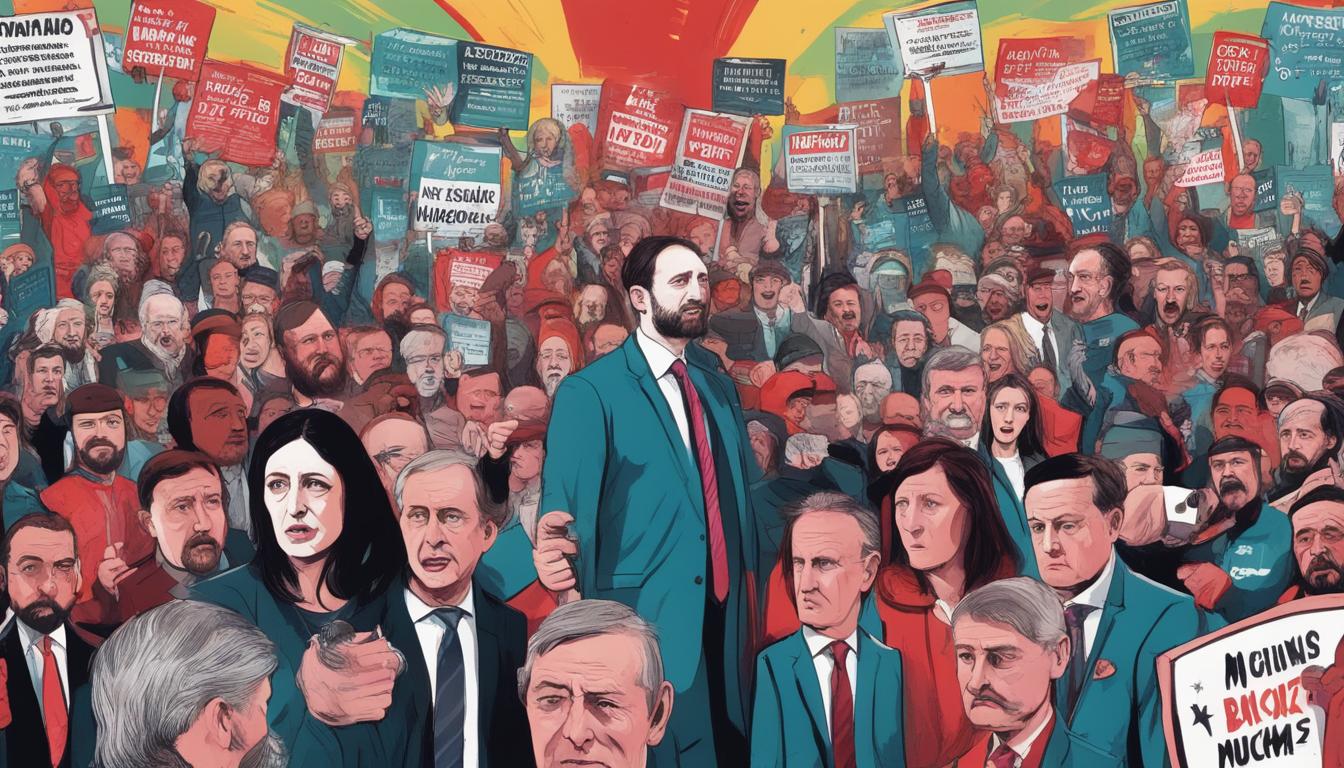As the UK gears up for an impending general election, Labour’s Rachel Reeves attacks the government’s economic optimism, while national security concerns arise from a cyberattack on the MoD. Meanwhile, the Muslim Vote campaign pressures Labour for policy changes.
In recent developments within UK politics, Labour’s Shadow Chancellor Rachel Reeves has criticized the government’s optimistic economic assessments amid growing living costs, positioning the upcoming general election as a choice between continued Conservative governance or a stable alternative under Labour’s Sir Keir Starmer.
Simultaneously, the UK’s national security faces challenges, with the Ministry of Defence (MoD) suffering a cyberattack on its third-party payroll system, affecting thousands of UK armed forces and veterans’ data. Conservative MP Tobias Ellwood has suggested China’s involvement, allegations that China denies. Defence Secretary Grant Shapps is set to introduce measures to protect the affected military personnel, asserting that no data seems to have been extracted during the attack.
In another dimension of political discourse, the Muslim Vote campaign group has submitted 18 demands to Labour leader Sir Keir Starmer to recover the support lost due to his stance on the Gaza conflict. Demands include an apology for his initial response, cuts in military ties with Israel, and accommodations like prayer spaces in schools. These are part of broader efforts by British Muslims to influence political responses and ensure accountability regarding issues impacting their community.
These events highlight the multifaceted challenges currently shaping the political landscape in the UK, involving economic credibility, national security concerns, and the nuanced relationship between political parties and voter blocs as the general election approaches.













